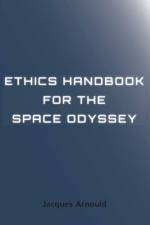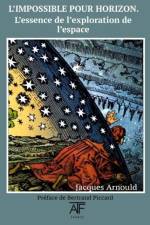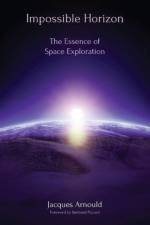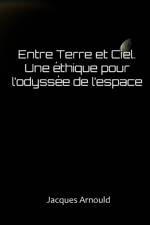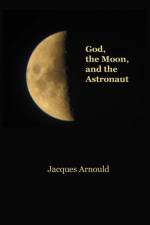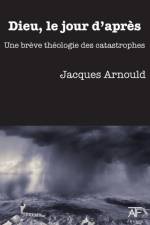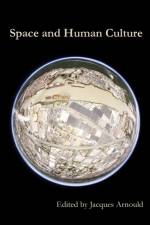- The Essence of Space Exploration
av Jacques Arnould
337 - 447
For a long time what we now know as space was inaccessible to humans, not because it was at a height which was unattainable without the least astronautical technology or principles, but because of the cosmic and dualistic representation of reality. Humans were relegated to the centre, to a sort of ecesspiti of imperfection, alteration, incompleteness and finally death. Around them were crystal spheres which held the planets and starsoimmutable, eternal and perfectoa domain which was completely off-limits to humans, unless they had discarded their carnal envelope, either through a mystical experience or after death. It took a revolution, the Copernican Revolution, to shatter the celestial spheres and make them no longer forbidden territory. Galileo was one of the first revolutionaries: through his astronomical observations, he showed the Earth and the Sky were in fact made of the same fabric, the same material, and therefore belonged to the same world. Then followed Kepler and others. Centuries passed, and human conquered the air, and then space. Their feet touched the surface of the Moon and their wheels the surface of Mars. The Earth and the entire universe somehow became flat again with no folds, no curves, at least in appearance, to hide any dark corners. The horizon once again retreated out of reach taking with it perhaps the last dreams of exploration. The human imagination does not like horizons which are too flat, too clear; humanity needs to meet resistance, brakes, constraints to stop them in their tracks, to cross them and lead them, to new unknown territories. An impossible Horizon, writes Jacques Arnould in this work, but a horizon without which our adventures, our explorations would lose their savor and especially their meaning. We will then understand that even if the goal is never fully achieved, it is the quest that enriches us.i Bertrand Piccard. (Balloonist, aviator and psychiatrist, Bertrand Piccard is the first to complete a non-stop balloon flight around the globe, in a balloon named Breitling Orbiter 3. With Andre Borschberg, he is the initiator, chairman, and pilot of Solar Impulse, the first successful round-the-world solar powered flight)

